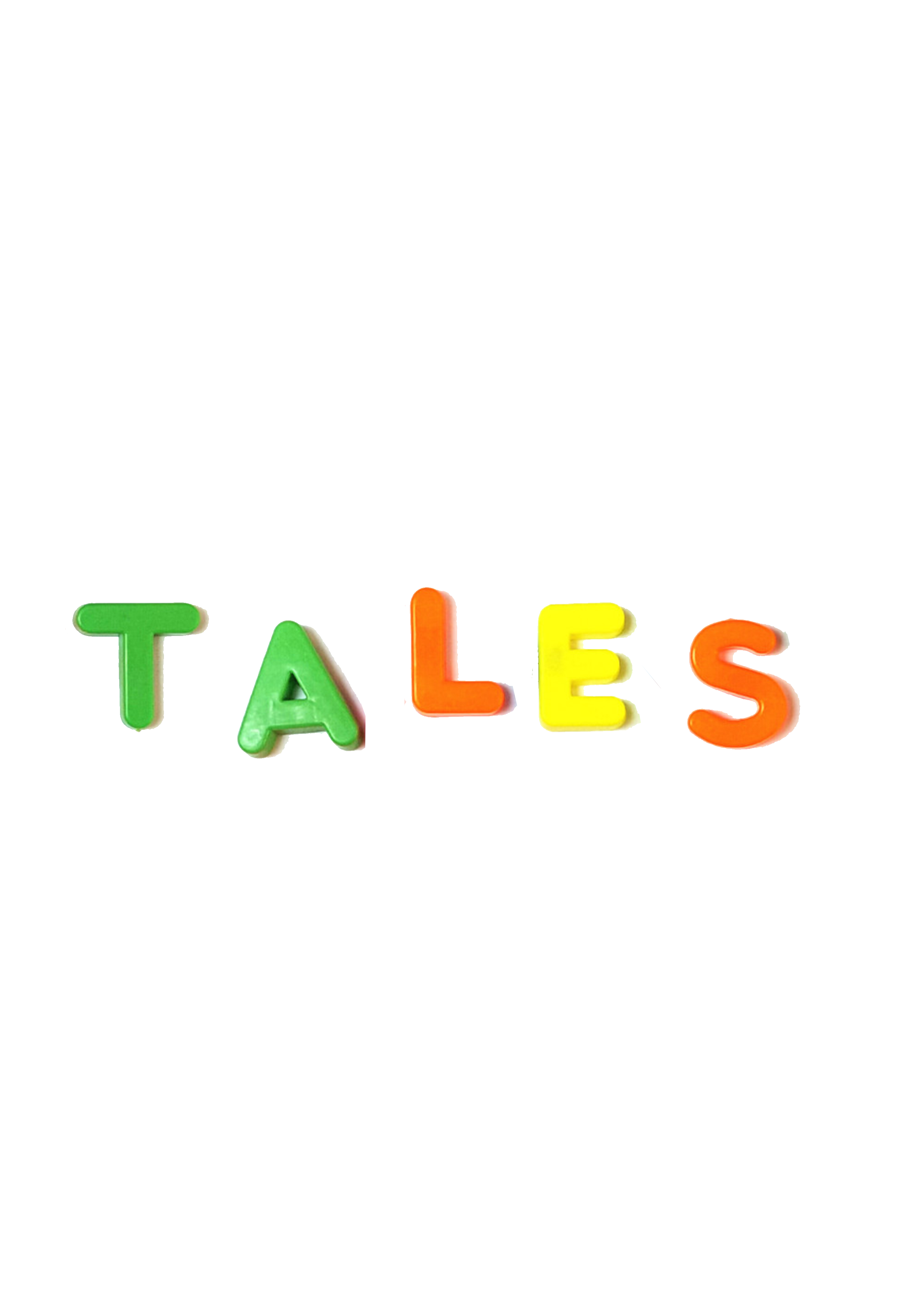Μεγάλωσα σαν σε φυλή. Μόνο γυναίκες. Μόνο ονόματα γυναικών σε τραπέζια με καπνούς από τσιγάρα που κάπνιζαν μόνο τότε μαζί, όπως οι άντρες και γελούσαν συνωμοτικά, κακαριστά, να τις ακούσει όλη η γειτονιά τελικά, τι ωραία που περάσαμε, ρίξαμε τα χαρτιά, είπαμε τον καφέ, οι άντρες ποδόσφαιρο, εμείς μάγισσες που κατουρήθηκαν στα γέλια. Τι καλά που καταλαβαίνει ο καθένας τις θέσεις που ανήκει. Σίγουρα κανένας δεν προέβλεψε την αντίσταση στα σχέδια της πορείας μου ως καλή κόρη, αν και θα έπρεπε να είναι ξεκάθαρο πως εφόσον αυτό που έπλασαν το άφησαν να παρατηρεί θα καταλάβαινε σίγουρα από πολύ νωρίς πως η κουζίνα διέφερε από το σαλόνι.
Τώρα που έχω μεγαλώσει λίγο για να ηρεμήσω όταν νιώθω αδύναμη ότι κα να σημαίνει αυτό, άλλη συζήτηση, μπαίνω και βλέπω κουζίνες στο γκουγκλ, ή συνταγές μαγειρικής πάνω σε πάγκους που μυρίζουν ζάχαρη ή κρέας ή και τα δύο και σκέφτομαι πως νιώθω οικεία σε όλες τις κουζίνες.


Mourning is about dwelling with a loss and so coming to appreciate
what it means, how the world has changed, and how we must ourselves
change and renew our relationships if we are to move forward from
here. In this context, genuine mourning should open us into an aware
ness of our dependence on and relationships with those countless others
being driven over the edge of extinction . . . The reality, however, is
that there is no avoiding the necessity of the difficult cultural work of
reflection and mourning. This work is not opposed to practical action,
rather it is the foundation of any sustainable and informed response.
Grief is a path to understanding entangled shared living and dying;
human beings must grieve with, because we are in and of this fabric of
undoing. Without sustained remembrance, we cannot learn to live with
ghosts and so cannot think. Like the crows and with the crows, living
and dead “we are at stake in each other’s company.”
staying with the trouble making kin in the chthulucene, Donna Haraway